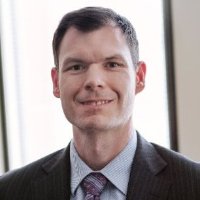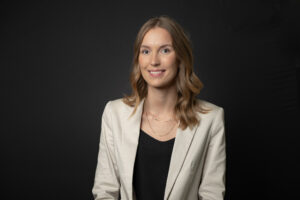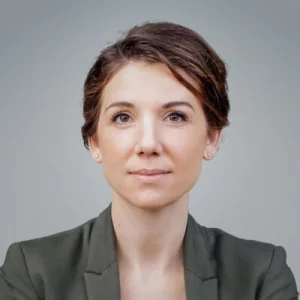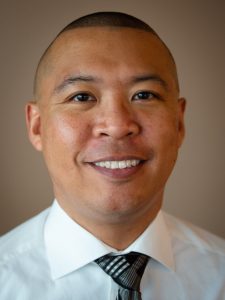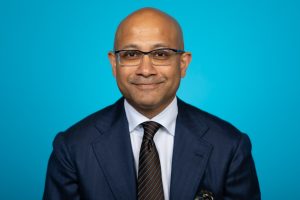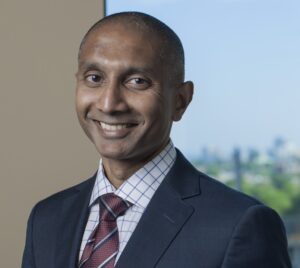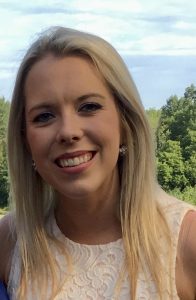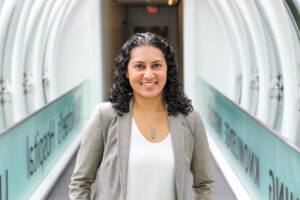Everyone was dedicated to improving patient care and the healthcare system,” says Hillmer. “This was really inspiring and it was easy to connect my research pursuits to much more immediate impact.”
Driven by the pursuit of making an impact in Canada’s healthcare system, Michael Hillmer enrolled in doctoral studies in IHPME’s Clinical Epidemiology and Health Care Research (CEHCR) program. With a background in biochemistry and pharmacology, Hillmer felt this program would not only advance his research interests, but encompass some of his favourite things: health, science, and the pursuit of new knowledge.
Immediately, Hillmer was impressed by the opportunity to connect with world-renowned faculty that study real-world situations informed by issues they encounter daily.
“Everyone was dedicated to improving patient care and the healthcare system,” says Hillmer. “This was really inspiring and it was easy to connect my research pursuits to much more immediate impact.”
Reflecting on his time in the program, Hillmer recalls three highlights that stood out: the supervision, training environment and exposure, and becoming a leading expert.
Supervision:
Hillmer was supervised by Dr. Paula Rochon, and shares her mentorship paired with the involvement in research activities created an ongoing friendship and scientific collaboration beyond his studies.
“Her mentorship helped guide me from someone who knew very little about clinical epidemiology and health services research methodologies into a credible doctoral candidate and proficient scholar,” says Hillmer.
Training environment and exposure:
Hillmer was primarily based at ICES, an evaluation institution that provides large administrative health databases for research studies. As a PhD learner, he had access to training materials, seminars, and opportunities to connect with fellow students and faculty members. Learning in this environment built strong connections and networking opportunities to prominent research institutions.
“When you join IHPME, you join a community of hundreds of scholars within dozens of research and health organizations that examine healthcare from every angle,” says Hillmer. “This type of dynamic and in situ environment isn’t available in most typical university departments and offers a vibrant experience for a graduate student.”
Becoming an expert:
Finally, Hillmer shares the program builds necessary skills and leadership competencies that will prepare students for future pursuits in research and health institutions. While Hillmer shares he found the thesis defense stressful, he received some wise words prior to his presentation.
“My dad, a professor, offered me some wisdom and context when he told me ‘Relax, nobody knows this topic area better than you right now. You are the leading expert’,” Hillmer recalls. “He’s right! At the end of your journey, you will be a worldwide authority on your topic and this is a thrilling and impressive accomplishment.”
